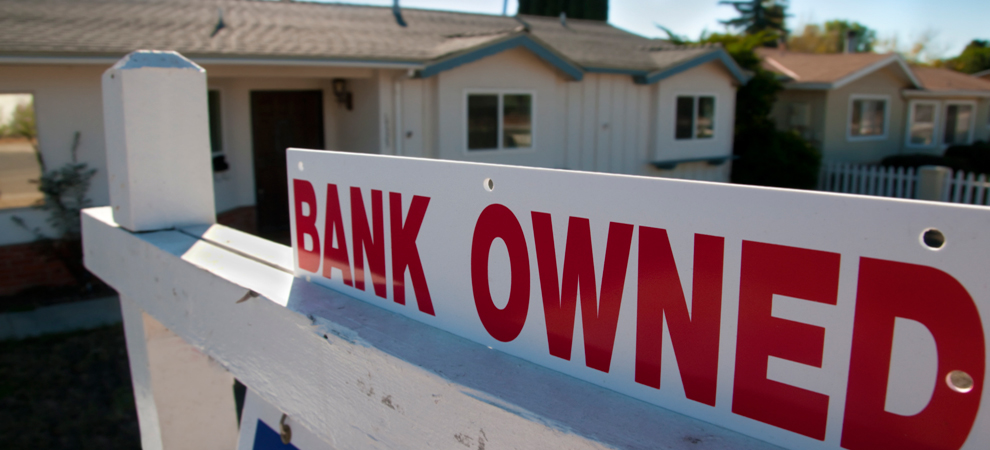411
Locked Out by Your Own Bank? How South African Banks Can Take Control of Your Home

Imagine leaving your home for a short holiday only to return and find that a caretaker, appointed by your bank, has moved in. This shocking reality is hitting struggling South African homeowners hard as banks exercise their legal right to protect their financial interests.
On The Money Show, consumer journalist Wendy Knowler exposed a case in Weltevreden Park, Roodepoort, where a homeowner discovered her house had been taken over while she was away. Her lender, Nedbank, had sent a company to “secure” the property under the assumption that it was abandoned.
With rising financial pressures, more South African homeowners are at risk of experiencing the same fate.
Can Your Bank Really Lock You Out?
Yes—under certain circumstances. Banks can take steps to secure a property if they believe it has been abandoned, often by installing caretakers to prevent vandalism or damage. However, the process has raised serious concerns:
Minimal Notice Requirements – Banks are only required to send a Section 129 notice (formal demand) to the homeowner’s registered address. They do not have to confirm receipt.
Risk of Default Judgments – Many homeowners are unaware that legal action has been taken against them until it’s too late.
Increasing Financial Strain – Mortgage arrears in South Africa have surged, putting more homeowners at risk.
Knowler’s investigation highlights how homeowners can be caught off guard, even when they are actively checking on their properties.
More Homeowners Are at Risk
Recent data shows that financial hardship is forcing more South Africans to give up their homes:
23% of homes sold in Q3 2024 were due to financial distress – up from 21% in the previous quarter (FNB report).
Mortgage arrears have jumped to 7.8%, significantly higher than the long-term average of 4.5%–5%.
Rising costs of living have made home loan repayments unaffordable for many.
With these numbers climbing, the chances of banks stepping in to reclaim properties are increasing.
Also Read : Homeowners in South Africa to Enjoy Another Interest Rate Cut Next Week
What Can Homeowners Do?
If you’re struggling to keep up with mortgage payments, taking action early can help prevent drastic measures like forced repossession. Here’s what you can do:
Stay in Touch with Your Bank – Keep your contact details updated and check for any legal notices.
Seek Debt Counselling – A registered debt counsellor can help negotiate lower payments.
Explore Repayment Options – Some banks offer extended payment terms or temporary relief.
Know Your Rights – If you receive a Section 129 notice, act quickly to avoid legal action.
Protect Yourself from Losing Your Home
While banks have the right to secure properties in default, homeowners need to be fully aware of their legal options. Communication and proactive financial planning can make all the difference in avoiding unexpected evictions.
With financial distress on the rise, understanding your mortgage rights is more important than ever. Stay informed, stay in control, and don’t let your bank lock you out of your own home.
Follow Joburg ETC on Facebook, Twitter , TikTok and Instagram
For more News in Johannesburg, visit joburgetc.com















